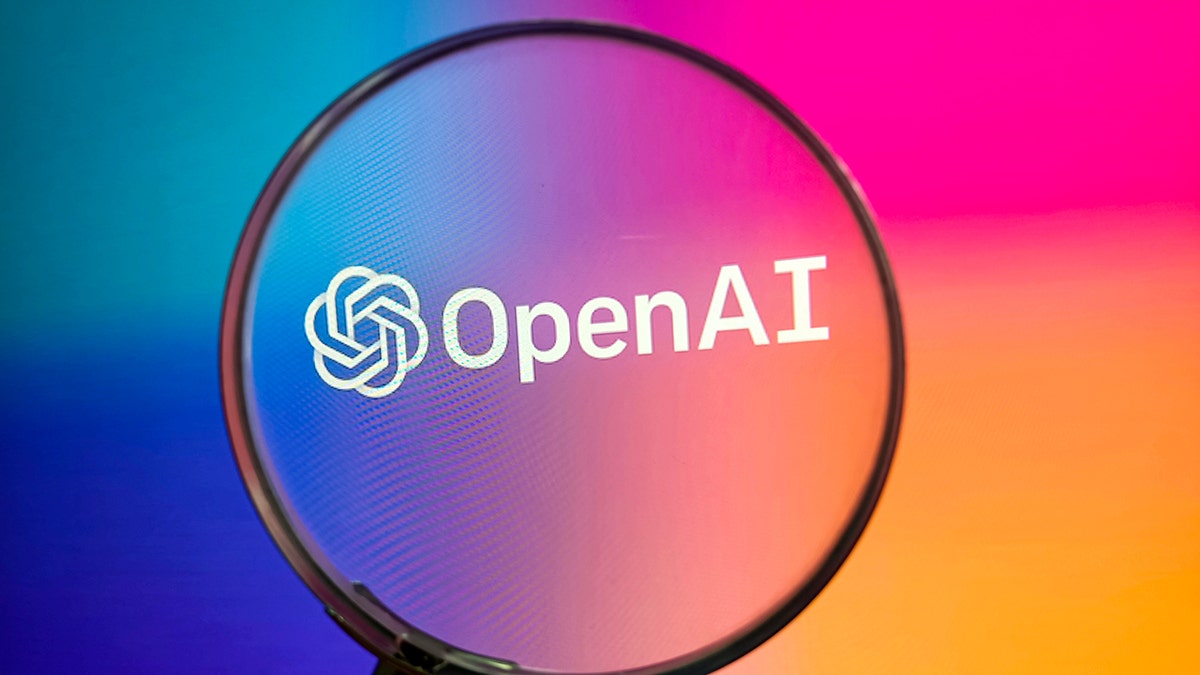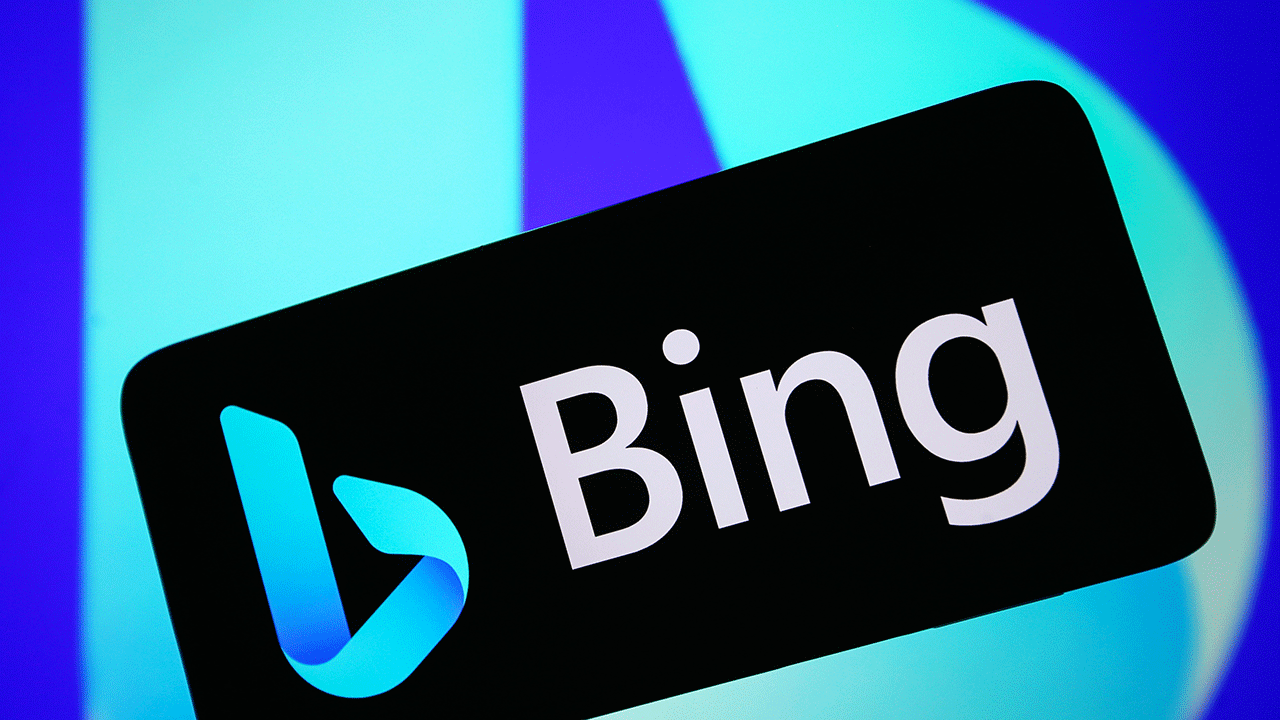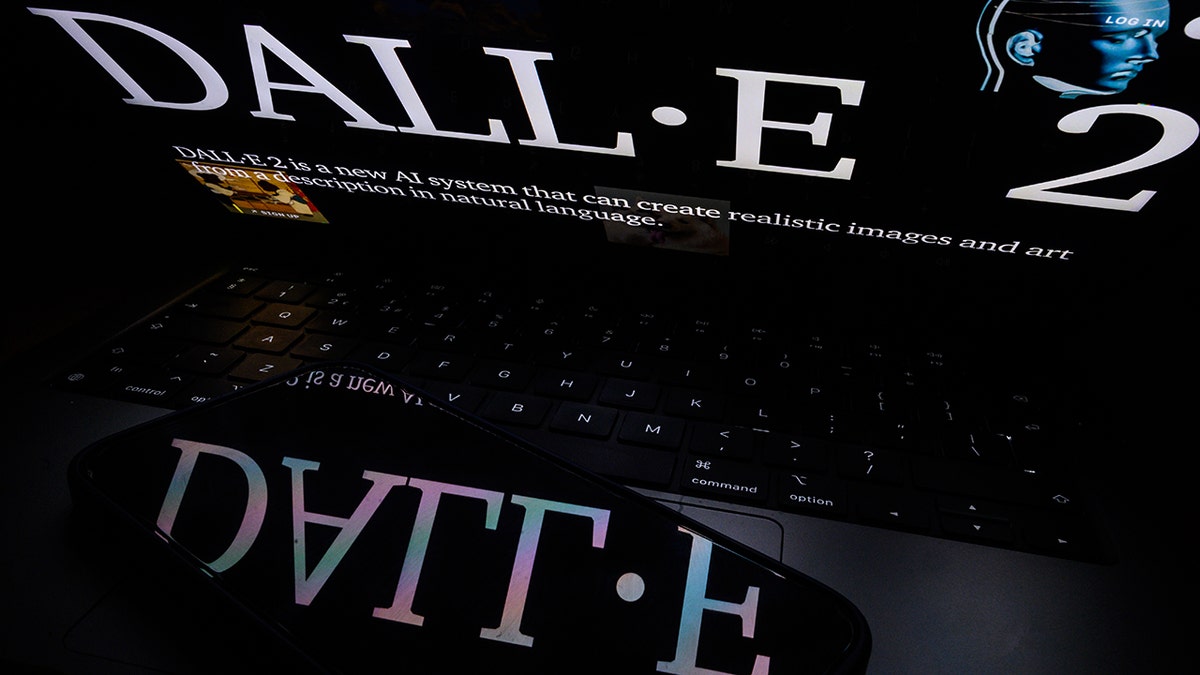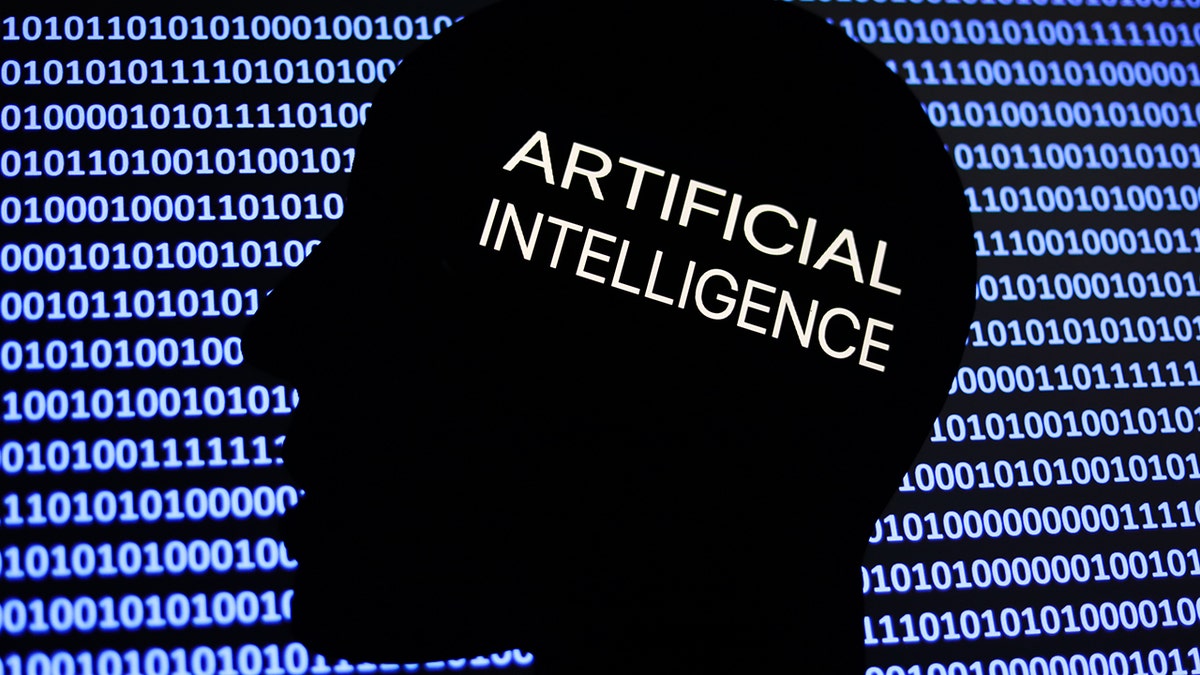Artificial intelligence has revolutionized content creation, particularly in the realm of image generation. Tools like Midjourney, Stable Diffusion, and others can produce artwork in mere seconds, raising questions about copyright and artist compensation as these models are often trained on existing artwork without permission. This technology allows anyone to conjure up visuals simply by describing them, opening up exciting possibilities for various applications.
Text-to-image generators represent a significant advancement in AI. These tools take textual descriptions as input and output corresponding images, the complexity and detail of which depend on the specific software used. A range of options exists, from free tools suitable for personal experimentation to paid services offering advanced features for professional use.

OpenAI, the creator of ChatGPT, also develops image generators. This highlights the growing convergence of AI technologies.
Let's delve into the world of text-to-image AI, exploring its applications and popular software examples.
Key AI Image Generators
Numerous AI software options convert text into images. Popular choices include Bing Image Creator, OpenAI's DALL-E 2, Dream by Wombo, Craiyon, Midjourney, and Photosonic. Each platform offers unique features and capabilities.

Bing, for instance, offers its own image generator, showcasing the widespread adoption of this technology by major tech companies.
Free vs. Paid AI Image Generators
Free versions of AI image generators cater to personal use and experimentation. Starryai and Dream by Wombo, for example, offer free access, including mobile apps for on-the-go creation. Bing Image Creator provides a limited number of free images per week. For professional applications, paid versions typically unlock advanced features and higher usage limits. DALL-E 2 and DeepAI offer various subscription models.

DALL-E 2, developed by OpenAI, is a prominent example of a paid image generation tool.
Using AI Image Generators
Using AI image generators is straightforward. Users input a text description of their desired image, and the software generates a series of visuals within seconds. Refinement tools allow for further customization. Crafting a clear and detailed prompt is crucial for achieving desired results.

The speed and efficiency of AI image generation represent a significant advantage.
Advantages of AI Image Generation
The speed of content creation is a primary benefit of AI image generators. High-quality visuals are produced in seconds, offering significant advantages for businesses with limited budgets. This technology democratizes access to professional-grade imagery, empowering small businesses and individuals.








